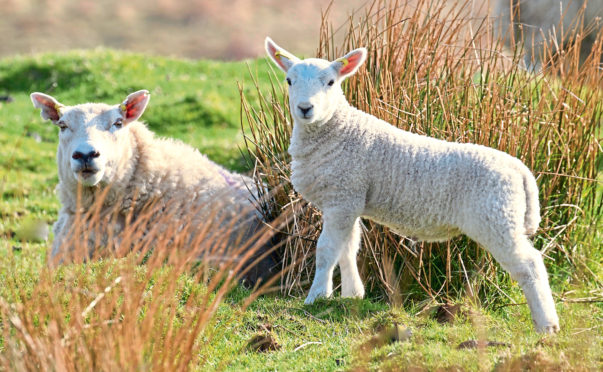Rural Economy Secretary Fergus Ewing outlines what the latest Progamme for Government means for rural Scotland
Our rural and island assets provide natural and business resources for key economic sectors, especially food and drink, but also energy, tourism, creative industries and life science.
We must work to build on these successes to improve the wellbeing of our rural, coastal and island communities and provide a positive future for them.
Having declared a global climate emergency, achieving our climate ambitions will involve harnessing the power and capital of rural Scotland. This is a challenge but also an opportunity for us to help people stay on the land and create sustainable, productive communities and businesses – our rural population are key allies in tackling climate change.
With more young people wanting to stay in rural communities it is vital we stop the depopulation of rural areas.
We will therefore develop an action plan to support repopulation, further develop our rural skills programme, and make sure the planning system and housing support work for rural communities.
We will also introduce the first ever National Islands Plan, setting out how we and other public bodies will improve outcomes for islanders.
Between 2015 and 2018 more than £119 million has been invested in nearly 1,500 community-based or micro-enterprise projects in rural Scotland.
Looking forward, the Scottish National Investment Bank and the new Green Deal will begin investing in rural Scotland to secure the transition to net zero by 2045.
We are rightly proud of our food production and food and drink industries, which are vital to the national economy, supporting jobs, investment and local communities.
We will continue to support their growth ambitions and bring forward a Good Food Nation Bill to underpin the significant work already being done across government. We will also create a food and drink academy to support further growth of this successful sector.
EU citizens are making a crucial contribution to rural communities, businesses and public services. We value them and want them to stay in Scotland. That is why we have launched our Stay in Scotland campaign and will continue to argue for a migration policy tailored to Scotland’s needs.
I believe leaving the EU with no deal is likely to have a significant adverse impact on all of Scotland’s rural economy, particularly the farming and food production sectors.
That is why we have launched a National Basic Payment Support Scheme offering loans of up to 95% to eligible claimants, that will inject 395m euros (£395m) into the rural economy, ensuring farmers and crofters have it in their accounts prior to Brexit.
We continue to do all we can to mitigate against the impacts of Brexit, but try as we might, we can’t mitigate against every impact, so individual farmers, crofters, land managers, and businesses should look at what they can do now, if they are not already.
We will continue to invest in rural Scotland economy and communities. From regenerating our harbours and improving transport and digital infrastructure, promoting tourism and culture, to protecting our natural resources and planting a further 30,000 acres of forest, we are determined to do all we can to enable them to succeed.
